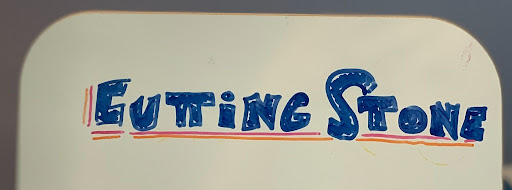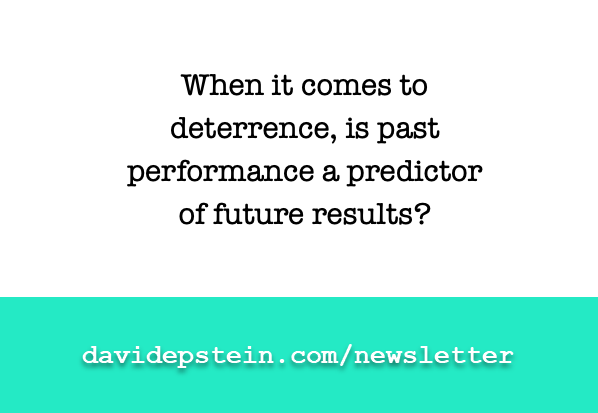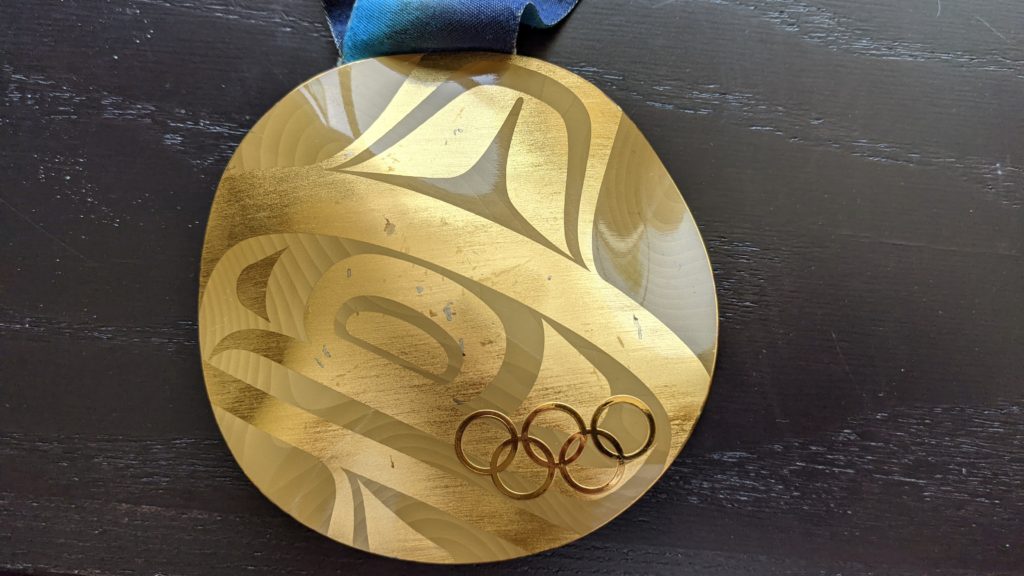
Welcome to the Range Report, where I hope to expand your personal “search function,” providing opportunities to connect disparate ideas, or alight on new interests.
This is a new newsletter, and the last edition, a coronavirus special, elicited more responses than I expected. So here’s coronavirus special part two.
WHAT DO WE KNOW ABOUT CHLOROQUINE?
We know that this malaria treatment became famous overnight when President Trump touted it as part of a remedy for treating COVID-19, and tweeted that it might be “one of the biggest game changers in the history of medicine.” Chloroquine’s star turn led some countries to begin using it, and one man to drink chloroquine-containing fish tank cleaner, which killed him in short order.
But what do we know about whether it might work, in non-fish-tank-cleaner form, to treat COVID-19? The answer, unfortunately, is basically nothing, yet. The study that catapulted chloroquine into the headlines was led by a man with impressive credentials–Didier Raoult is director of the Research Unit in Infectious and Tropical Emergent Diseases, in Marseille. But it is a hot mess of a study (at least if it is taken as a drug trial). I’ll leave it to microbiologist and scientific integrity consultant Elisabeth Bik to do a point-by-point critique, but keep in mind that Raoult said in an interview that he doesn’t really believe in randomized trials. That’s….not something scientists tend to say out loud.
As you can probably guess, the chloroquine study was not randomized. But here’s an aspect I found particularly problematic: of the 26 patients who received chloroquine, six dropped out of the study and thus were not counted in the final results. Why would they drop out?? Well, one guy died, so there’s that. Three others had to go to the ICU. Also not good. Another stopped taking the medication because of nausea, and one subject dropped out for who knows why. Turns out that not counting people who die or get sicker on your treatment has a way of making the treatment look just a wee bit better. (At the same time, we can’t yet say that chloroquine isn’t useful–we just don’t know. More study results are coming soon, and I really, really, reallyreallyreally hope they’re positive.)
The study reminds me of Galen, the personal physician to Roman emperors, whose writing was medical authority for a millennium. Galen had complete confidence in one particularly spectacular remedy. “All who drink of this treatment recover in a short time,” he wrote, “except those whom it does not help, who all die. It is obvious, therefore, that it fails only in incurable cases.”
Just as in the chloroquine study, Galen didn’t count the data that made his drink look bad.

LIGHTNING ROUND
- A “health weather map” uses data from smart thermometers to show where Americans are getting unusually high temperature readings.
- Why a Texas grocery store was incredibly well-prepared for a pandemic.
- From the Department of Lateral Thinking With Withered Technology: an Italian hospital turned scuba gear into ventilators.
- A ray of great news: a small study out of Wuhan found that expectant mothers infected late in pregnancy can still have normal outcomes.
- Preliminary data out of China found that that treating ten severe COVID-19 patients with plasma from recovered patients may help, and didn’t cause bad side effects. A separate study of five critically ill patients found the same.
NBA 2020 and COVID-19
Finally, I’d just like to note that the NBA has made a financial donation to the national project to use plasma from recovered patients as an immediate treatment, and has asked players to consider donating their plasma, which will draw attention to the effort. I had a small role in connecting scientists leading the convalescent plasma project to the NBA, as did Henry Abbott (aka @TrueHoop), so I really want to thank him. He’s a business owner, so has plenty to do right now, but I asked for his help, and within 30 seconds of him picking up the phone, I had it. Henry previously worked for ESPN, but has started his own publication, and it’s fantastic. It’s ostensibly about basketball, but it’s really about business (the inspiring and the corrupt; Russian oligarchs and Jeffrey Epstein (no relation!) were topics of investigative pieces), data analytics, culture, and much more. He made subscriptions temporarily free, so give it a look!
Thanks for reading. Until next time….
David


